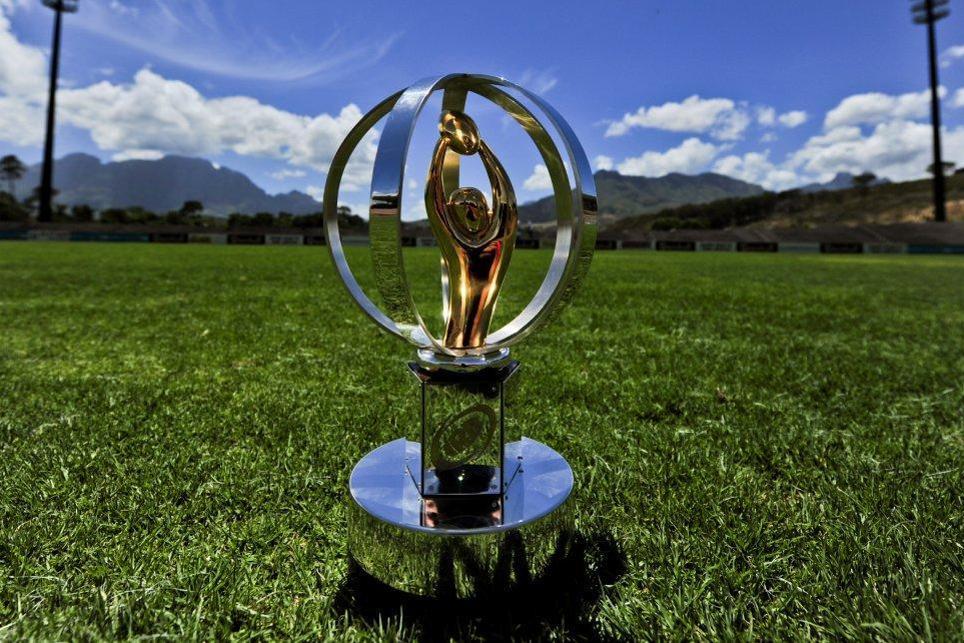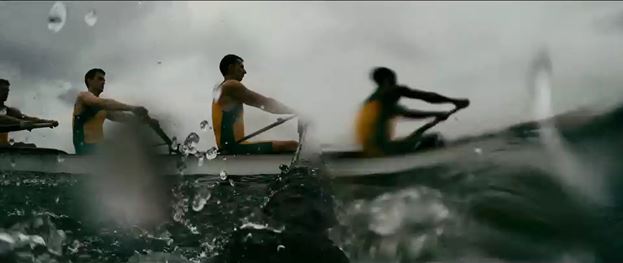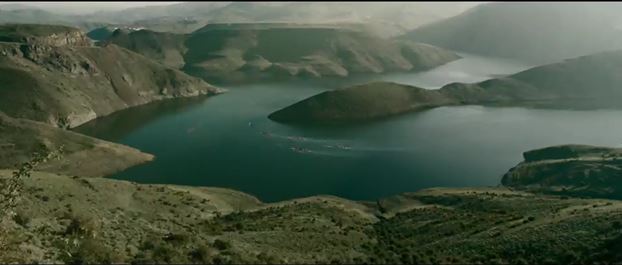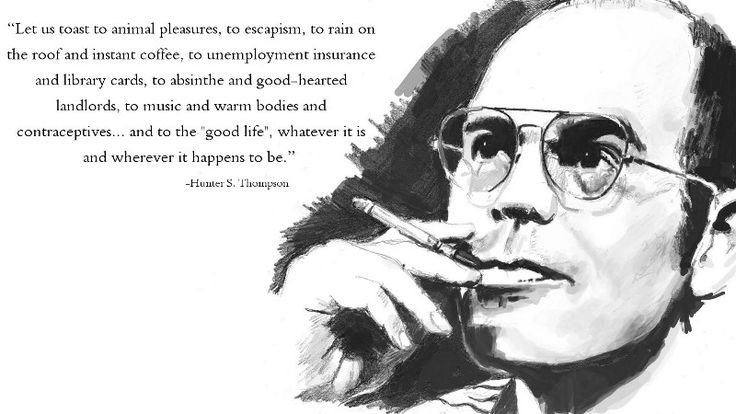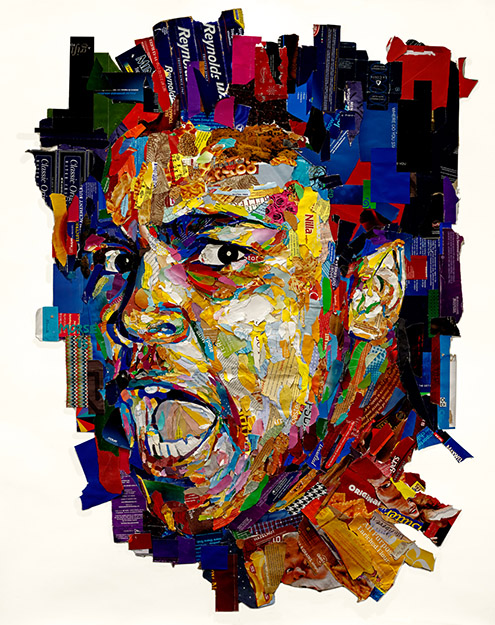
Oh to have been a sports writer during the magisterial reign of Muhammad Ali.
The point was rammed home this week in the hours and days following his death. Ali did more than inspire fine journalism; he reached out to sports writers with a style that was as personal as it was sincere.
The result was some of the best, most lucid writing of all time. Ali’s greatness touched a host of legendary writers, among them Red Smith, Jimmy Cannon, Norman Mailer, David Remnick, Hugh McIlvanney and Thomas Hauser.

Ali and two-time Pulitzer Prize-winner Norman Mailer.
They feasted on the verbal nuggets offered by Ali, whose wit, clarity and mastery of language elevated him far beyond the realms of lazy smack talk.
This splendid piece captures the relationship and command that Ali had over reporters during his heyday. It is easy to understand why none of the sport superstars of today come close to matching his majesty or grand sense of theatre.
As Newark Star-Ledger writer Jerry Izenberg put it, “He gave us a reason to become what we wanted to become.”
One of Ali’s press confidantes was Thomas Hauser, his official biographer. Hauser’s piece in The Guardian this past weekend tells of the enormous challenge presented by having to document Ali’s life in a way that was authoritative and took in the massive sweep of his extraordinary life.
The personal insights are touching, not least the moment when he abandoned his sense of awe – in Ali’s kitchen, no less – to get on with the job. Another was the time Ali visited his apartment in New York and was delighted to find Chubby Checker had also been invited.

Meeting Thomas Hauser.
I was fortunate to meet Hauser in New York three years ago. I’ve long admired him as a writer and he never disappointed me when we spoke. He was warm and encouraging; a nice man and a wonderful writer, as I made sure to tell him.
The Daily Mail’s Jeff Powell probably put it best of the challenge offered by Ali: “None of us have succeeded in putting the mighty Muhammad into words with the lyrical clarity of the man himself.”
Nonetheless, Powell’s tribute is a writing master class and he does supreme justice to The Greatest.
The Guardian outdid most with its tributes to Ali with Kevin Mitchell, for my money the outstanding boxing writer of this generation, offering a fresh perspective that perfectly captured Ali the man, Ali the fighter and Ali the social phenomenon. As obituaries go, this one is heavyweight championship standard.
I loved the angle provided by Bill Plaschke of the LA Times, who writes what it was like as a boy who grew up in Louisville, Ali’s home town. It’s a moving piece about his hero and his pride of Ali being the hero from up the road is strongly evident. Some took offence at Ali being labelled the “Louisville Lip”, but, as Plaschke writes, it was a source of pride for the city because he always backed up his smack talk, plus he was their own.
The Disrapture has only a tenuous link to Ali’s death. If his passing inspired some wonderful writing, journalism itself is under more pressure than ever.
This piece touches on the “Four Horsemen of the Apocalypse” (War, Famine, Pestilence and Death). The headline is a clever trick that defines four huge threats to the industry, albeit from an American perspective.
Moving along, this read in Vanity Fair speaks of the perils of social media.
“When thousands of tweets gather tornado force in swelling indignation the path of destruction can mow down reputations or send corporate PR into crisis control,” it reads in part.
Indeed, for all the virtues of social media, it’s also home to hate mongers and depraved idiots, as celebrated New York Times writer Gay Talese unwittingly found to his cost last year.
Poor guy.
 The Muhammad Ali pop-up channel (DStv channel 199) will broadcast Ali’s funeral live at 8pm.
The Muhammad Ali pop-up channel (DStv channel 199) will broadcast Ali’s funeral live at 8pm.



